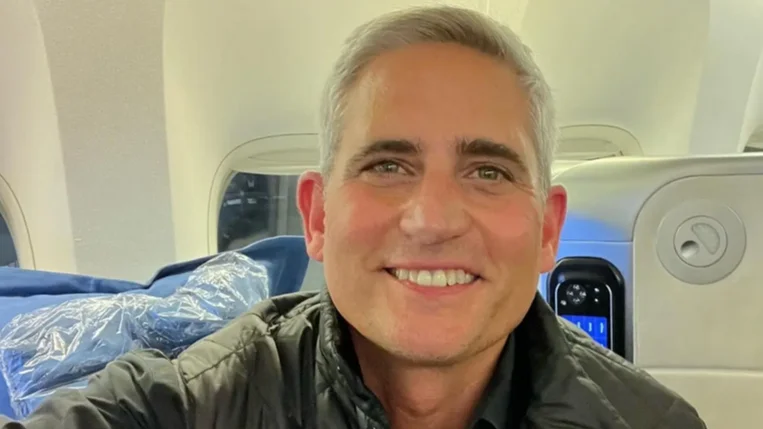Over the years, more than 300 airlines have ordered the A320 since its initial announcement in 1984. Of over 19,000 orders for the family, more than half—over 11,000—are for the fuel-efficient A320neo variant. The current backlog stands at approximately 7,262 orders; more than two-thirds are for the larger A321neo model.
The lineup includes several variants: the standard A320neo forms the basis of the range; smaller and larger versions include the A319 and A321 respectively. These models seat between 120 and up to 244 passengers depending on configuration.
Airbus describes its single-aisle lineup as offering flexible solutions for airlines’ diverse route needs. The series also features a dedicated freighter version—the A320P2F—which allows retired passenger jets to be converted into cargo carriers capable of transporting up to 27 metric tons over distances of nearly 1,900 nautical miles.
Since entering service as freighters through a program developed with ST Aerospace and EFW (Elbe Flugzeugwerke), operators such as Fly Vaayu (UAE), Pradhan Air Express (India), and Astral Aviation (Africa) have adopted converted models for cargo operations.
The most popular long-haul option is the high-capacity A321neo series—including extended-range variants like the LR and XLR—which can fly up to around 8,700 kilometers with increased efficiency compared to previous generations.
American Airlines leads globally with a fleet of 482 Airbus A320 family jets. Other major operators include China Eastern (390), China Southern (345), Delta Air Lines (316), easyJet (192), and Wizz Air (201).
In an earlier press release announcing an order for additional aircraft, American Airlines CEO Robert Isom said:
“Over the past decade, we have invested heavily to modernize and simplify our fleet, which is the largest and youngest among U.S. network carriers. These orders will continue to fuel our fleet with newer, more efficient aircraft so we can continue to deliver the best network and record-setting operational reliability for our customers.”
Supply chain disruptions remain a challenge industry-wide due largely to shortages in electronics and specialty metals—problems compounded by global events such as Russia’s invasion of Ukraine affecting material supplies like high-grade aluminum.
Airbus CEO Guillaume Faury commented on these difficulties:
"We are facing headwinds right now; we have to bite the bullet."
Both engine suppliers CFM International and Pratt & Whitney continue efforts to meet Airbus’s ambitious targets amid post-pandemic recovery pressures throughout aerospace manufacturing.
Despite these obstacles—and broader trade tensions influenced by international politics—Airbus remains ahead of competitors both in delivery volume and cumulative sales figures for its flagship single-aisle jet.
 Alerts Sign-up
Alerts Sign-up




































